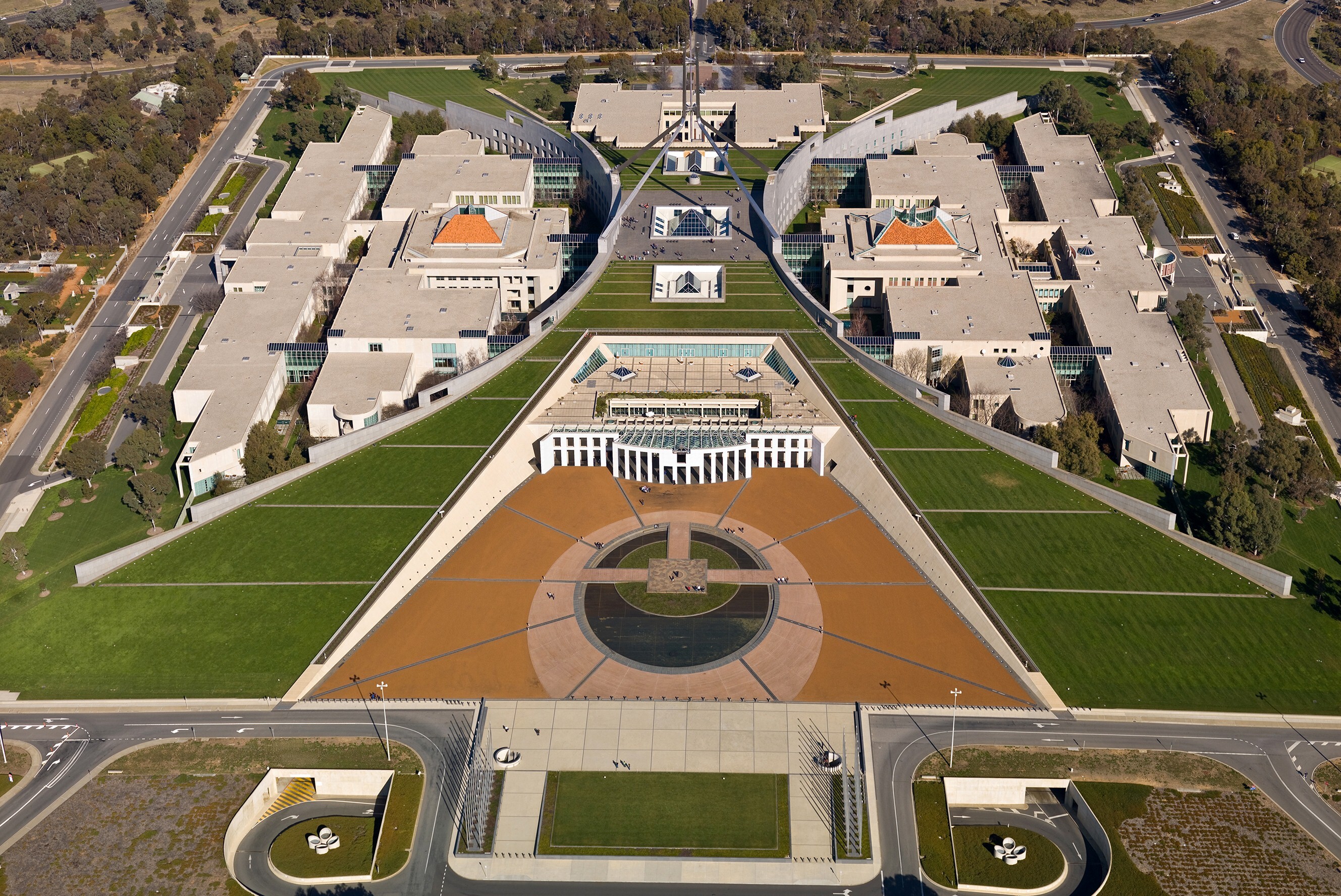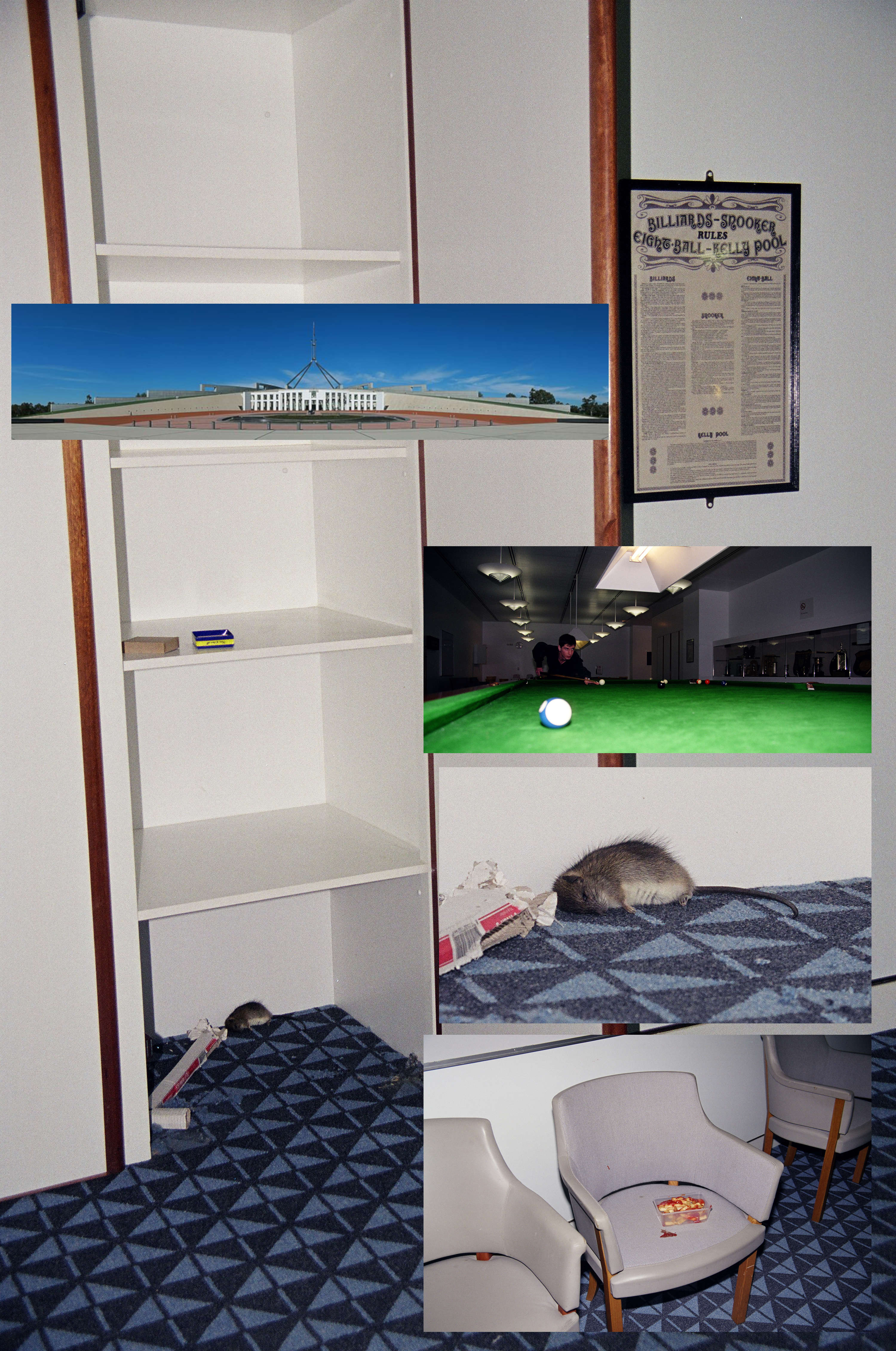Brittany Higgins & Australian Parliament Rapist: the real verdict
The Brittany Higgins trial concluded and the jury is now considering whether to convict the Parliament rapist.
The trial revealed that all opportunities to collect forensic evidence have been neglected or obstructed in some way. The public and the jury have been asked to believe. The victim said this on many occasions, she would like people to believe her.
This is what makes these cases so challenging for society: is it possible to simultaneously give these women the support they need, knowing that many of them probably are telling the truth, while ensuring the integrity of a justice system that requires proof?
The problem with belief is that it is a poor substitute for proof. For hundreds of years, the Catholic Church believed the sun revolves around the Earth. It was only in 1992 that the Church accepted Galileo was right.
There is strong scientific proof for the safety and effectiveness of vaccines. Novak Djokovic believes in alternative theories. He was deported and unable to play in the Australian Open.
In that sense, it seems odd that Australians are being asked to accept the parliament rapist story on belief without any scientific evidence. Health authorities wouldn't accept anti-vax conspiracy theories, no matter how strongly some people believe in them.
Without the evidence, we can never know if the story was true or false. Nonetheless, the trial revealed other things about political parties and volunteer organizations.
The biggest thing to understand is that Canberra is a small city where the politicians come together for short periods of two or three weeks at a time. All their advisors have to leave their regular homes and travel to Canberra to live together in this artificial environment.
We could compare this to the artificial environment at an event like DebConf19, where interns were trafficked to Brazil for two weeks.
It is hard to compare this environment to any other workplace. It is impossible for parents with young children to take a job like that so most of the workers are very young and single. When they come to Canberra, they are separated from their regular circle of friends. Their working hours and social activities overlap. The idea of going back to the office for a drink sounds bizarre to many of us but it is not unheard of in politics. I found this little gem about Menzies and Calwell in Hansard:
They could sit down and talk to each other over a cup of tea—and, I suspect, late at night in the Old Parliament House, something stronger than that, like a brandy or a whiskey
We can see that Menzies, one of Australia's most successful leaders, would drink a whiskey. This type of thing easily trickles down into the culture and was one of three different stories given by the defence.
Both the accuser and the accused must have been very young, approximately 20, when they started their jobs. How were they trusted so quickly, at such an early age, with 24/7 access to the office of the defence minister? The trial revealed that the woman had a series of boyfriends in the party. Social media is speculating that the man is the cousin of somebody in the Prime Minister's family. These are the same perceptions of favoritism that have created division in so many free and open source software projects recently.
Australian National University (ANU) has given the woman a fellowship to help develop and promote a Code of Conduct for the parliament. As in the world of free and open source software organizations, I find this really bizarre and dangerous. Australia already has laws to protect women from this type of violence and the law is the code of conduct in cases like this. The parliament rapist previously worked for the justice minister so you would expect him to be aware of the laws. If a rapist doesn't obey the law, why would he obey a code of conduct?
What we found with codes of conduct in the free and open source software world is that they are simply a tool for silencing ethical questions. If people ask about the perception that girlfriends received travel funds and internships, the people asking the questions are immediately accused of sexism, harassment and abuse. Yet if we sincerely respect all the other women who were rejected from those programs, asking how the girlfriends got an advantage is necessary.
The push for people to accept belief as a substitute for proof and the push for codes of conduct feel like a dangerous attack on the basic principle that everybody is innocent until proven guilty.

The day I found a dead rat in the parliament billiard hall
